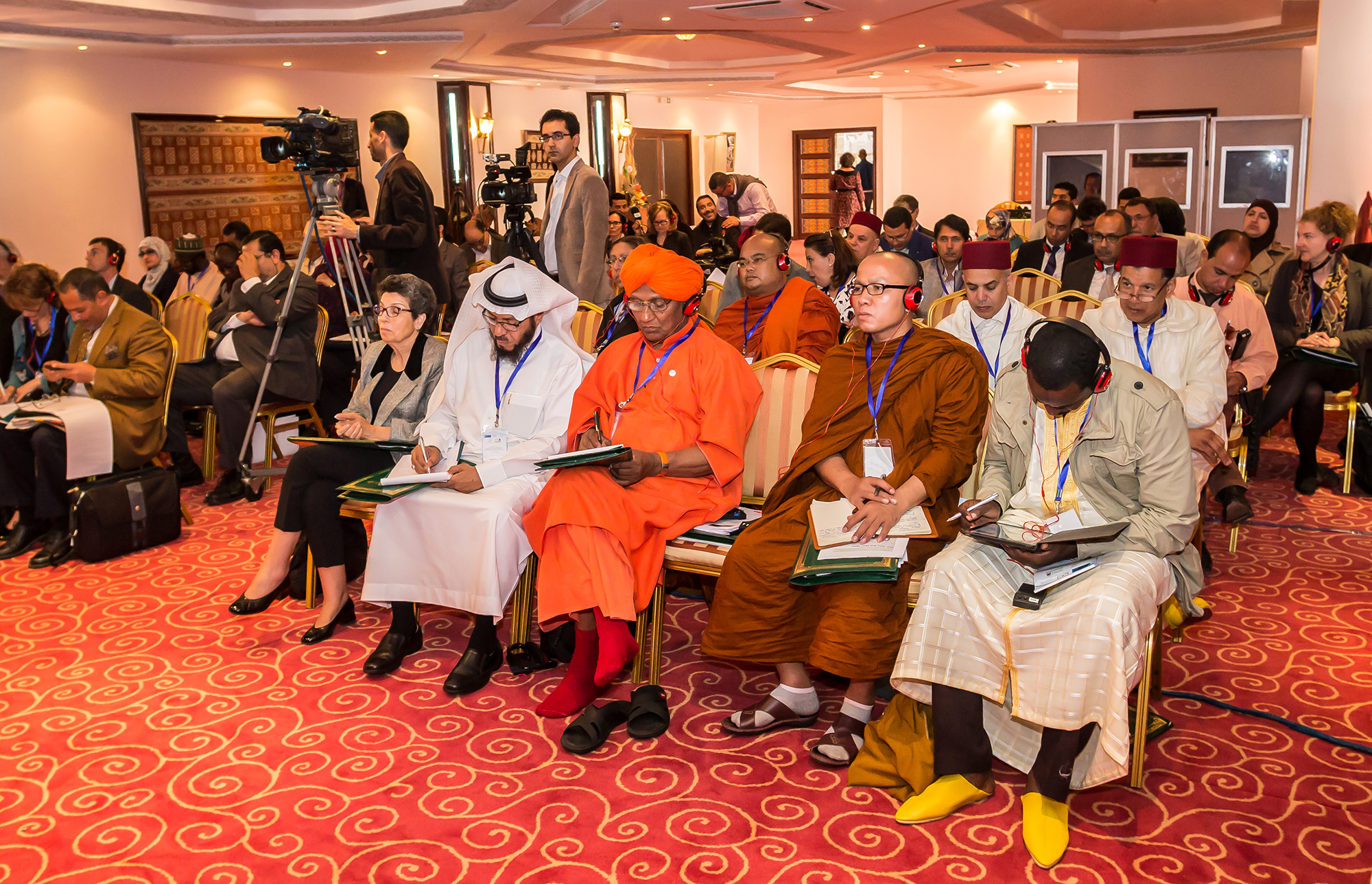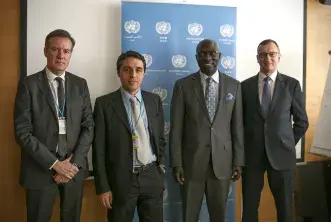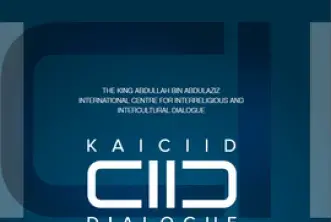Role of Religious Leaders in Preventing Incitement that Could Lead to Atrocity Crimes

The first ever action plan specifically designed to enable religious leaders to prevent and counter incitement to violence - the Plan of Action for Religious Leaders and Actors to Prevent and Counter Incitement to Violence that Could Lead to Atrocity Crimes - was launched in July 2017 by Secretary-General António Guterres at a meeting at United Nations Headquarters in New York.
The Plan of Action was developed over two years of intensive consultations at the global and regional levels organized by the United Nations Office on Genocide Prevention and the Responsibility to Protect, with the support of the International Dialogue Centre (KAICIID), the World Council of Churches (WCC), and the Network for Religious and Traditional Peacemakers.
A total of 232 religious leaders and actors from 77 countries took part in the consultations. Participants included Buddhists, Christians, Hindus, Jews, Muslims and Sikhs from different groups and denominations, as well as representatives from various religious minorities, including Baha’i, Candomblé, Kakai, Yazidi and humanists. At least 30 percent of participants at all meetings were women.
The Action Plan was developed in response to an alarming spike in recent years in hate speech and incitement to violence against individuals or communities, based on their identity. Incitement to violence, in public discourse and the media, is both a common warning sign and a precursor of atrocity crimes. The Action Plan is the first document to focus on the role of religious leaders and actors in preventing incitement to violence that could lead to atrocity crimes and the first to develop context specific regional strategies with this objective.
Implementation of the Plan of Action will contribute to the prevention of atrocity crimes, especially in areas affected by religious and sectarian tensions and violence and enhance the respect, protection and promotion of human rights, including the rights to freedom of opinion and expression, freedom of religion or belief and peaceful assembly.
El Plan de Acción para que Líderes y Actores Religiosos Prevengan y Contrarresten la Incitación a la Violencia que Podría Conducir a Crímenes Atroces captura las recomendaciones de todas las consultas regionales que tuvieron lugar dentro del proceso de Fez. Estas recomendaciones, en la forma de planes de acción regionales, se incluyen como un anexo a este Plan de Acción. Las recomendaciones del Plan de Acción son relevantes para una variedad de situaciones y pueden contribuir a la prevención de violaciones y abusos de los derechos humanos, el extremismo violento, conflictos y diferentes formas de violencia. Si bien este Plan de Acción está destinado principalmente a líderes y actores religiosos, también incluye recomendaciones detalladas para otros actores relevantes, incluidos Estados e instituciones estatales, organizaciones seculares de la sociedad civil y medios de comunicación nuevos y tradicionales. La prevención de crímenes atroces y su incitación es un esfuerzo multidimensional que es más probable que tenga éxito cuando diferentes actores colaboran hacia el mismo objetivo.




